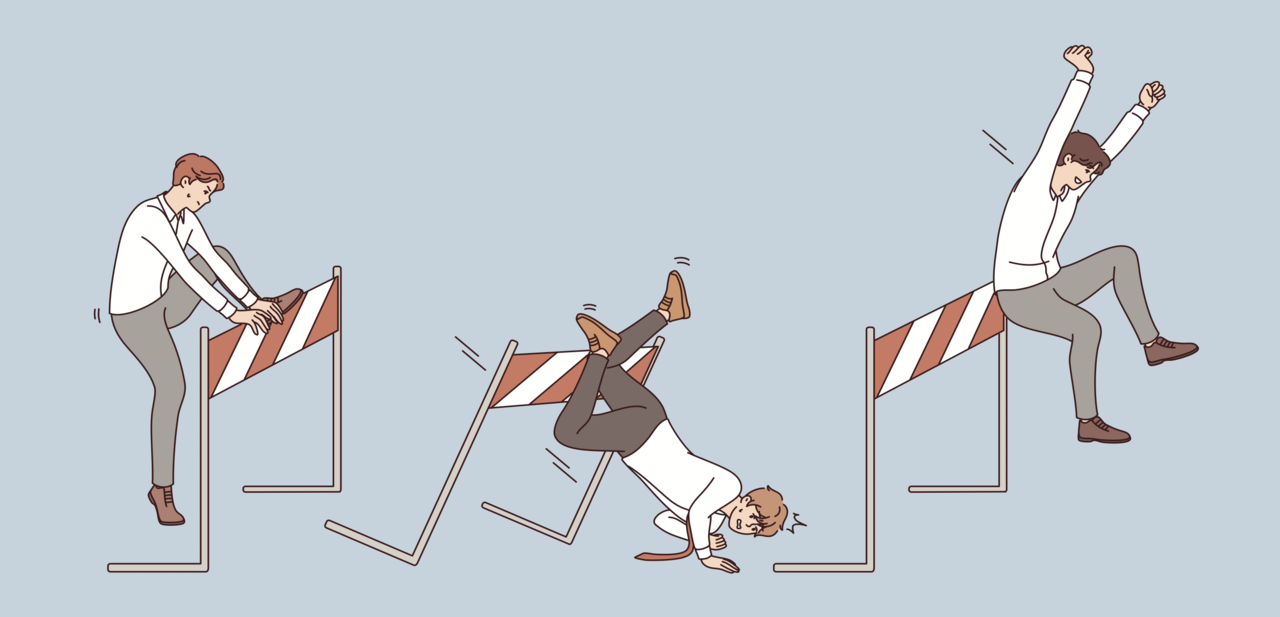
In today’s society, perfection often feels like the only recognized standard. Students are urged to achieve flawless grades, job seekers are pressed to craft impeccable résumés, and professionals are constantly evaluated based on their performance. Within such a climate, even minor errors are magnified into signs of inadequacy. A few missed points on an exam, a stumble during a presentation, or a trivial mistake in daily tasks often carry disproportionate weight. Indeed, the question arises: when did even the smallest missteps come to be regarded as intolerable flaws?
Failure, in truth, is not the opposite of success but an essential element of the journey toward it. Small failures hold significance because they offer lessons that comfort and stability rarely provide. Time and again, history has proven this to be true. The great inventor Thomas Edison, for example, tested countless variations before finally perfecting the light bulb. Likewise, entrepreneurs and innovators across generations have endured setbacks that refined their ideas and strengthened their resolve rather than ended their pursuits. On a more personal level, the lessons of small failures are equally profound. Consider learning to ride a bicycle or practicing a new sport: every fall and every missed step becomes a way for the body to record balance, rhythm, and endurance. These missteps are not permanent scars but marks of growth. Yet modern culture often frames failure as shameful, discouraging people from venturing into the unknown or admitting mistakes. This perspective narrows the field of possibilities, fostering fear where curiosity should flourish. Instead of recognizing errors as natural outcomes of experimentation, many choose to hide them, erasing valuable opportunities to learn.
More than ever, a different perspective is needed — one that treats failure not as a flaw but as evidence of effort. A wrong answer in class reflects participation; an imperfect draft signals the courage to begin; and an unsuccessful attempt demonstrates the willingness to act. When small failures are recognized as proof of progress rather than stagnation, anxiety gives way to resilience. Each mistake becomes a marker guiding the path toward improvement. This shift carries implications beyond the personal. Education benefits when experimentation is encouraged without constant fear of penalty. Workplaces thrive when the atmosphere allows employees to share mistakes openly, so that teams learn collectively rather than repeating hidden errors. Societies that leave room for failure foster innovation, adaptability, and genuine growth. Stumbling, then, is not a deficiency but evidence of moving forward. What truly matters is not a record untouched by error, but pages filled with revisions, notes, and traces of progress. Growth is etched in those very marks, and the quiet value of failure lies in shaping the trajectory of becoming. Ultimately, small failures remain the subtle yet indispensable forces that carry mankind forward.
